The idea of having Peachtree City constructing and operating a broadband service for industrial and commercial users and city-owned facilities was approved on Sept. 17 by unanimous vote.
Some on the council noted that the project would present a risk and would depend on securing and maintaining the necessary customer base. In the end, constructing and operating the service outweighed the risk.
The project calls for 22.54 miles of underground fiber cable that would serve city-owned facilities and the city’s high-end industrial and commercial businesses already using large quantities of broadband.
A survey of those potential customers indicated that a sufficient number would sign on and make the city-operated network economically feasible, city staff said.
Providing the needed infrastructure would require a municipal bond-funded expense of $3.23 million, said Community Broadband LLC owner Allen Davis.
Payments on the 10-year bond would begin in the third year, Davis said, adding that the city would see a positive cash flow in the second year of operation.
Council during the discussion on Sept. 8 was told that the initial projected 3.5 percent interest rate on the bond would likely be closer to 2 percent.
Part of the idea for having the city own the service deals with the shrinking revenue from franchise fees because broadband is considered an information service and is not required to pay a franchise fee.
What is today a $400,000 revenue source from franchise fees is projected to decrease over time. Citing an example, Finance Director Paul Salvatore said increasing numbers of residents are abandoning land lines which generate franchise fee revenues.
Meantime, the city is paying NuLink $50,000 this year for service, with that bill increasing next year to $70,000, Salvatore said.
Another potential for untapped customers comes from the reality that the city can sell broadband service to those situated outside the city.
Whether in or outside the city, staff said the targeted customer base includes government, utility, industrial and commercial, education and medical broadband users.
Those wanting residential broadband service will be in for a wait of an unknown duration since that service will be dependent on companies such as NuLink or Comcast being willing to invest what Davis said would cost $100,000 per mile to install fiber lines.
No one at the meeting could provide an estimate on how long it would take for residential customers to receive broadband service after other vendors piggybacked on the city network.
The presentation, discussion and vote followed a Sept. 8 workshop lasting nearly three hours where the multi-step process and business plan were detailed.





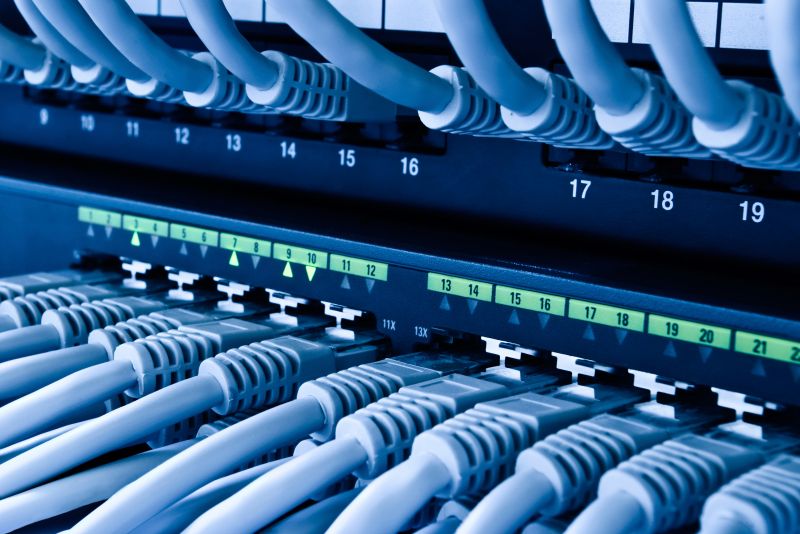


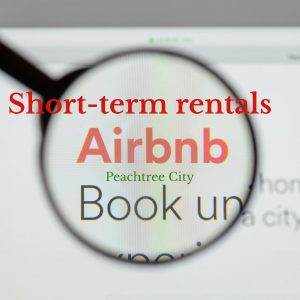

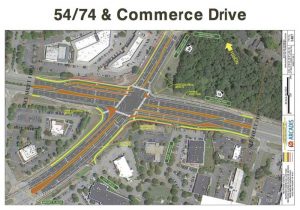
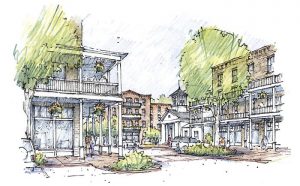
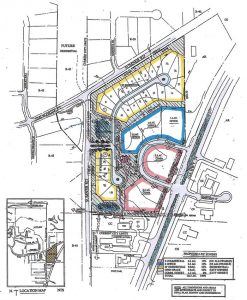
Leave a Comment
You must be logged in to post a comment.